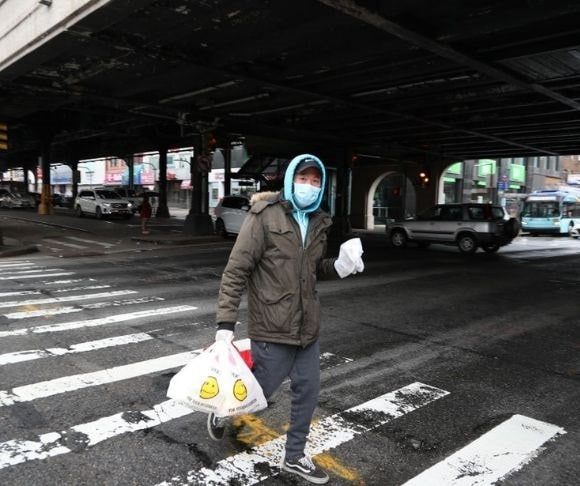Editor’s Note: The author of this article lived and worked in mainland China for more than a decade and speaks Mandarin.
Chinese authorities suggest that the Coronavirus situation in Wuhan is being handled and that they have things under control with a team of the world’s top scientists in place. Interestingly enough, Wuhan happens to be the place in China best-suited to dealing with this kind of issue. Situated in the heart of the city is the country’s top disease research center, a BioSafety Level 4 (BSL-4) laboratory.
 There are only several of these centers in Asia, and only one in China. A BSL-4 site is used for research and handling of deadly microbes and infectious agents for which there is either no cure or only an unreliable cure. What a fortunate coincidence that the only place in the entire nation that handles such dangerous viruses just happens to be in the middle of the city that has so recently experienced one.
There are only several of these centers in Asia, and only one in China. A BSL-4 site is used for research and handling of deadly microbes and infectious agents for which there is either no cure or only an unreliable cure. What a fortunate coincidence that the only place in the entire nation that handles such dangerous viruses just happens to be in the middle of the city that has so recently experienced one.
A Crisis in Waiting
Dr. Guan Yi, who initiated the research into the SARS outbreak in 2003, has been to Wuhan. Upon returning to Hong Kong, he immediately isolated himself, telling Caixin News, that this Coronavirus strain, and the spreading of it, could be ten times more severe than that of SARS.
Chinese New Year is the biggest celebration in a country of 1.4 billion people. Each year, millions leave the city they work in and travel to their hometowns for fireworks, dumplings, and the ever-welcome “Hongbao” (red envelopes containing money). But this year, the year of the rat, they may be taking home a lot more than just festive spirit.
There quite literally could not be a worse time of year for this outbreak to happen. Chinese authorities have not only acted slowly, but they have also failed to take into account the mass movement of people around the country, including from Wuhan – a city of more than 11 million people – that occurs every year around this time.
The city of Wuhan is now in lockdown, along with several other Chinese cities. But is the genie already out of the bottle?
Too Little, Too Late

(Photo by Tayfun Coskun/Anadolu Agency via Getty Images)
Vietnam, Thailand, the U.S., Japan, Singapore, and South Korea all have confirmed infections. Russia, Scotland, and others have suspected cases. So far, the mortality rate appears to be under 5%, but with confirmation that it can pass human to human with minimal contact, there is a severe risk of this spreading beyond a controllable net.
The main problem is that the Coronavirus has an average of a seven-day incubation period, meaning that those who are infected may not even feel any symptoms for a week or more. The World Health Organization (WHO) is in the process of deciding whether to declare this a “public health emergency of international concern.”
WHO has known about this virus since the end of 2019, and is only now formulating an official policy response (already 24 hours behind schedule). When this crisis is over, there needs to be a full inquiry into both China’s role in the events and the WHO’s lackadaisical response.
~
Read more from Mark Angelides.




